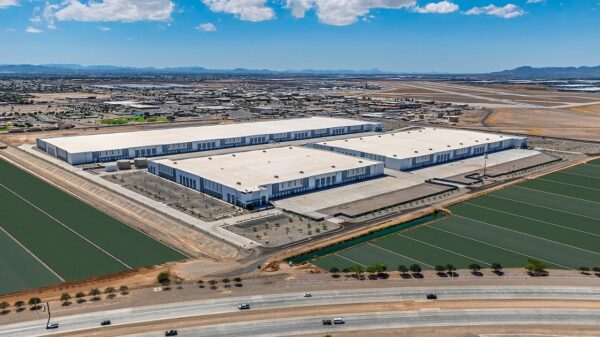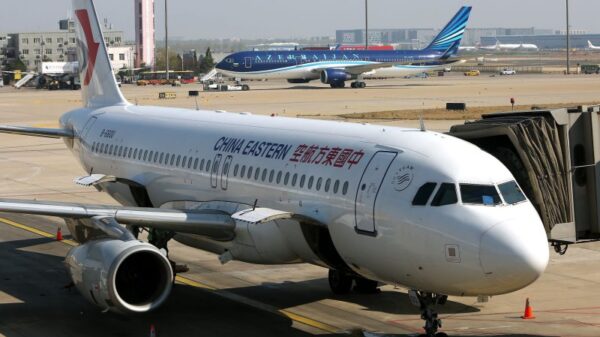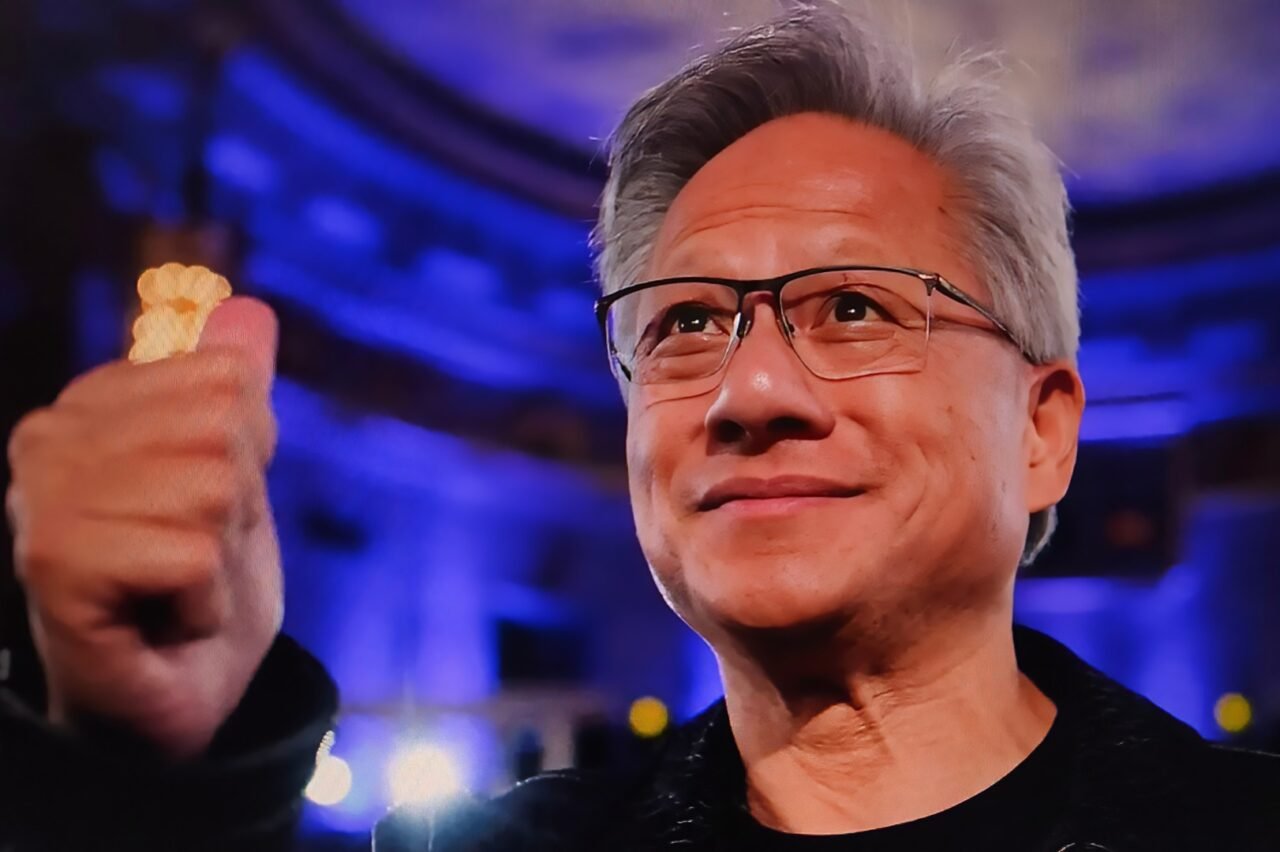UPDATE: Nvidia CEO Jensen Huang has made an urgent plea for the normalization of trade relations between the United States and China during his keynote address at the GTC conference in Washington D.C. today. This unprecedented gathering of tech leaders and government officials has sparked critical discussions about the future of AI and international trade. Huang emphasized that the U.S. must adopt AI technology aggressively to maintain its global leadership, stating, “America needs to be the most aggressive in adopting AI technology of any country in the world, bar none.”
Huang’s remarks come amid escalating tensions between the two superpowers, with the U.S.-China trade war creating significant barriers in the tech industry. The Nvidia chief highlighted that restricting American technology access in China could ultimately harm U.S. interests. “A policy that causes America to lose half of the world’s AI developers is not beneficial long term; it hurts us more,” he warned, urging a shift in policy to embrace collaboration.
In recent months, the Biden administration imposed stringent export restrictions on Nvidia’s chips to China, citing national security concerns. This move has already impacted Nvidia’s revenue projections by approximately $8 billion. Huang pointed out that the Chinese AI sector is rapidly progressing, with local developers now creating competitive models without access to the most advanced Nvidia chips. He stressed the importance of American technology in fostering positive relations with Chinese developers.
The stakes are high, as Chinese authorities have begun discouraging local companies from purchasing Nvidia products, potentially signaling a shift towards self-sufficiency in AI technology. Huang warned that if China develops its own high-tech chips, the U.S. risks losing its edge in the global chip market. “In the absence of Nvidia chips, China will have to develop their own,” he stated, emphasizing the urgency of the situation.
As the geopolitical landscape shifts, Huang is actively engaging with government officials. At the conference, he appeared alongside Chris Wright, Secretary of Energy, to announce Nvidia’s commitment to building seven AI supercomputers for the Department of Energy. Wright expressed hope for a forthcoming trade agreement, suggesting that both nations share common ground despite their differences.
In a rapidly evolving scenario, Huang is set to fly to South Korea soon to meet with former President Trump, who is currently in discussions with Chinese President Xi Jinping. Huang hinted at making significant announcements during this meeting, further underlining the pressing nature of these trade negotiations. Trump mentioned he might discuss the sale of Nvidia’s Blackwell model chips to China, calling them “super-duper.”
The implications of these developments are profound, not just for Nvidia but for the entire tech industry and U.S.-China relations. As these negotiations unfold, the future of AI technology and its global distribution hangs in the balance. Stay tuned for further updates as this story develops.





































































